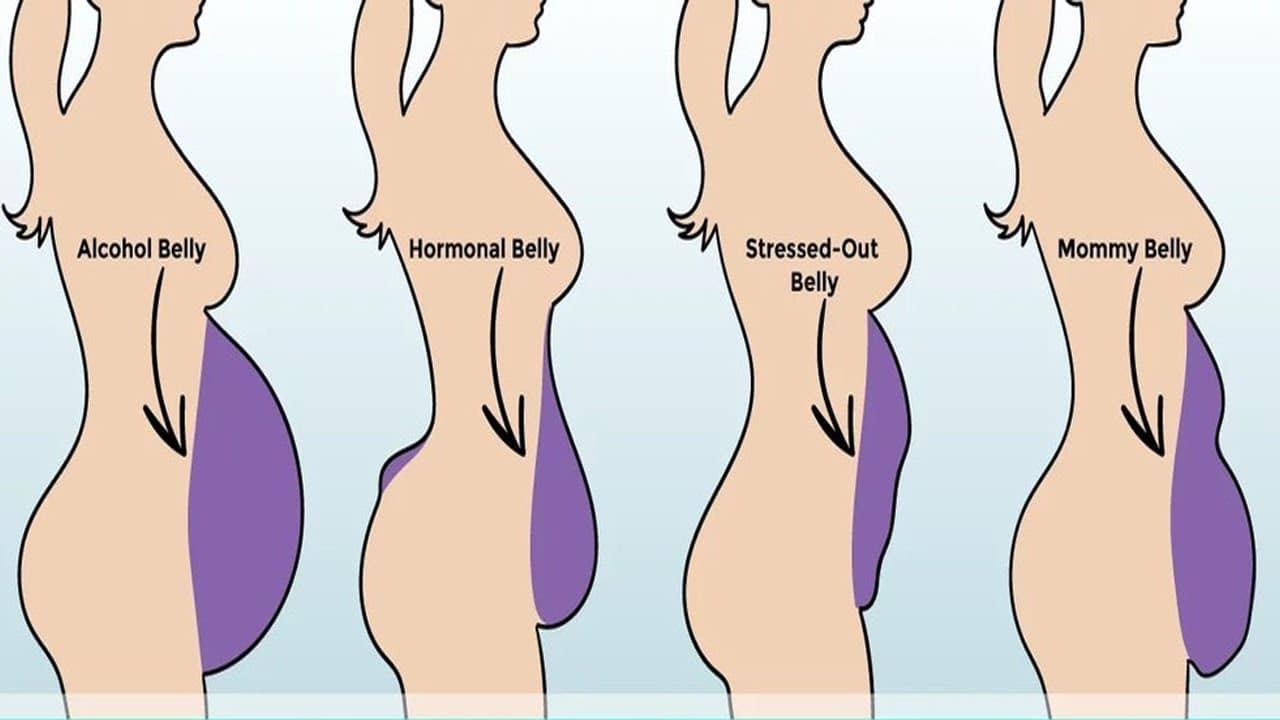3 Ways Sleep Can Help with Weight Loss
In your journey towards better health and fitness, you’ve probably focused on a balanced diet and regular exercise. But have you ever considered the role of sleep in weight loss? Believe it or not, getting a good night’s sleep can be just as important as what you eat or how much you move. Here’s a look at three ways that sleep can aid your weight loss efforts.
1. Sleep Helps Regulate Hunger Hormones
When you skimp on sleep, it’s not just your energy levels that take a hit. Your hormones also get thrown out of whack. Specifically, sleep deprivation can interfere with two crucial hormones that particularly control hunger and fullness: ghrelin and leptin.
Ghrelin and Leptin: What’s the Connection?
You can think of ghrelin as the ‘hunger hormone.’ When your stomach is empty, ghrelin levels rise, signaling to your brain that it’s time to eat. On the flip side, leptin, often termed the ‘satiety hormone,’ is released from your fat cells when you’ve had enough to eat. It tells your brain that you’re full and should stop eating.
When you don’t get enough sleep, your body produces more ghrelin and less leptin. As a result, you’re likely to feel hungrier and less satisfied after eating, leading to overeating and potential weight gain.
2. Sleep Improves Energy Levels and Motivation
The connection between sleep and weight loss isn’t solely about hormones. The quality of your sleep can directly impact your energy levels and motivation, two key factors in weight loss success.
Better Energy for Exercise
We’ve all experienced those groggy mornings after a poor night’s sleep. You feel sluggish, lethargic, and the last thing you want to do is hit the gym. On the other hand, when you’ve had a restful night’s sleep, you wake up refreshed, energized, and ready to take on your workout routine.
Physical activity is a cornerstone of weight loss. It helps you burn calories and build muscle, which boosts your metabolism even at rest. So, getting enough sleep to feel energetic and motivated to exercise is a crucial part of your weight loss journey.
Enhanced Motivation for Healthy Choices
Sleep can also influence your decision-making abilities and willpower, which are vital when trying to lose weight. After a restful sleep, you’re more likely to resist unhealthy food temptations and stick to your balanced diet.
3. Sleep Supports Metabolic Health
Getting a good night’s sleep can also support your metabolic health. This includes your body’s ability to control blood sugar levels, which is essential for weight management.
The Role of Insulin
Insulin is a significant hormone that helps your body control blood sugar levels by letting glucose (sugar) enter cells, where it’s utilized for energy. However, sleep deprivation can lead to insulin resistance, a condition where your cells stop responding properly to insulin.
When this happens, sugar remains in your bloodstream, leading to high blood sugar levels. Your body also produces more insulin to compensate.
Higher insulin levels can lead to weight gain because insulin not only controls blood sugar levels but also promotes fat storage. Therefore, getting sufficient sleep to promote optimal insulin function can support your weight loss efforts.
Wrapping Up
As you can see, sleep is more than just a time for rest and recovery. It’s a crucial part of your weight loss journey. A lack of sleep can sabotage your efforts by throwing off your hunger hormones, zapping your energy and motivation, and impairing your metabolic health.
So, what can you do? Aim for seven to nine hours of sleep per night — the amount recommended by the American Academy of Sleep Medicine and the Sleep Research Society. But remember quality matters just as much as quantity. You should wake up feeling refreshed, not groggy or tired.
If you’re struggling to get a good night’s sleep, don’t hesitate to reach out to a healthcare provider. They can help identify any underlying issues and offer solutions to help you sleep better. Remember, every aspect of your health is interconnected, and sleep is no exception. Prioritizing good sleep is not just beneficial for your overall health, but it’s also a step towards your weight loss goals.
Further Reading: Are 5 Hours of Sleep Enough?






